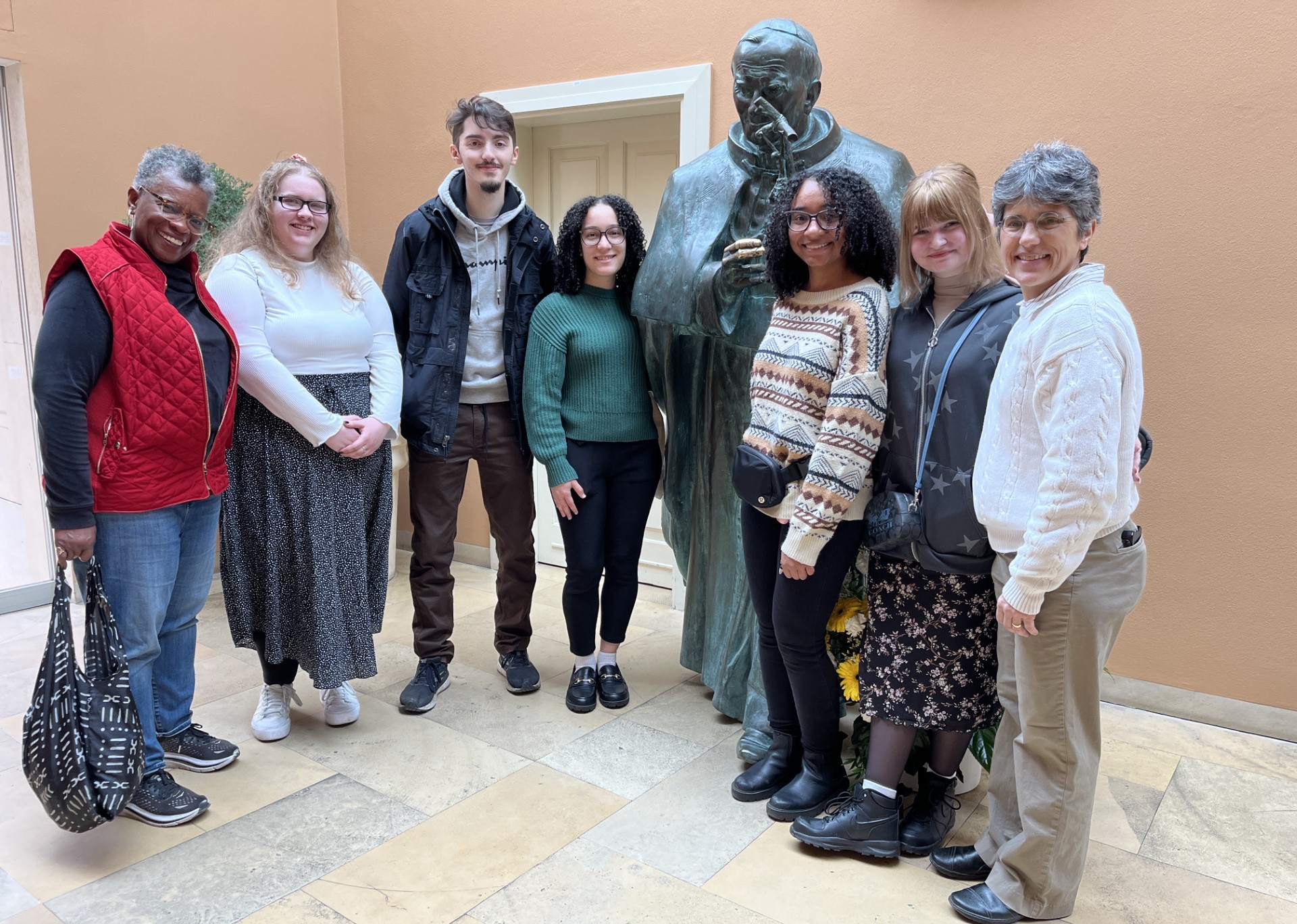
March 9, 2024 - March 16, 2024
History and Mission
Iona University is a private, Roman Catholic university established in New York in 1940 on the initiative of the Congregation of Christian Brothers. The facility consists of two campuses, the main one in New Rochelle and a smaller one in Bronxville. Thanks to the efforts of the university authorities and lecturers, the Island of Iona became a center of faith and science, which significantly contributed to the religious and cultural development of Western Europe. The founders of Iona University, believed in providing students with the best secular training while educating “the individual as a whole” – mind, heart and spirit. In 2022, Iona school officially changed its status from a college to a university. The institution offers 45 majors, 35 minors and 30 graduate programs.
Educational Offer
Iona University also allows its students to study abroad and organizes study trips abroad. A group that visited our Center from March 9-16 this year took part in one of such projects. 5 students, under the supervision of Professor Elena G. Procario-Foley and Professor Melba Butler, flew to Poland to implement the “Churches of the Holocaust” program. Participation in the project is open to all interested students of Iona University who meet formal requirements, such as a sufficiently high average point grade and being in good standing with the university policy. This year, our Center was visited by students of art history, biology, speech and psychology. Professor Elena G. Procario-Foley, who lead the group, specializes in teaching about religion and Christian-Jewish relations. She is also responsible for preparing the core curriculum at Iona University. The second group supervisor, Professor Melba Butler, is a lecturer at the Faculty of Social Work and Marriage and Family Therapy. The Churches of the Holocaust program is part of a semester course at Iona University. Its goal is to have students understand the responsibility of Christians for anti-Jewish teaching over the centuries. The next step is to show how this teaching contributed to the tragedy of the Holocaust. Christians must be aware of the role they played in the discrimination and persecution of Jews, which is why, according to Dr. Procario-Foley, it is so important that the “Churches of the Holocaust” course takes place in Poland, and its key element is a visit to the former German Nazi concentration and extermination camp Auschwitz -Birkenau, symbol of the Holocaust.
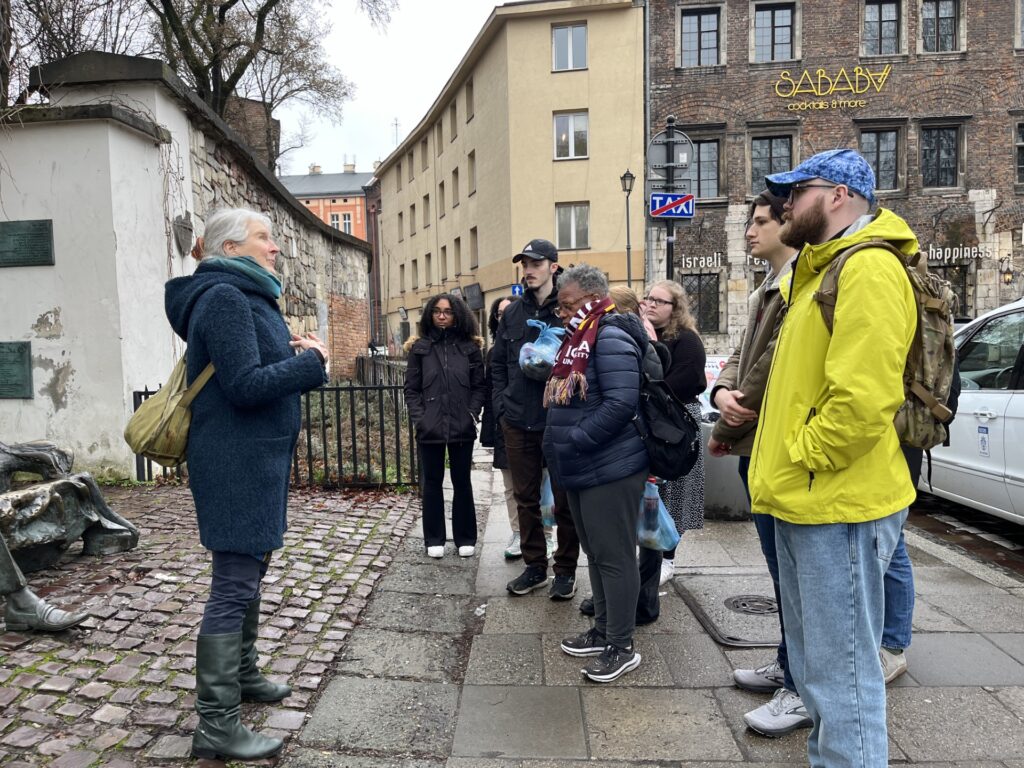
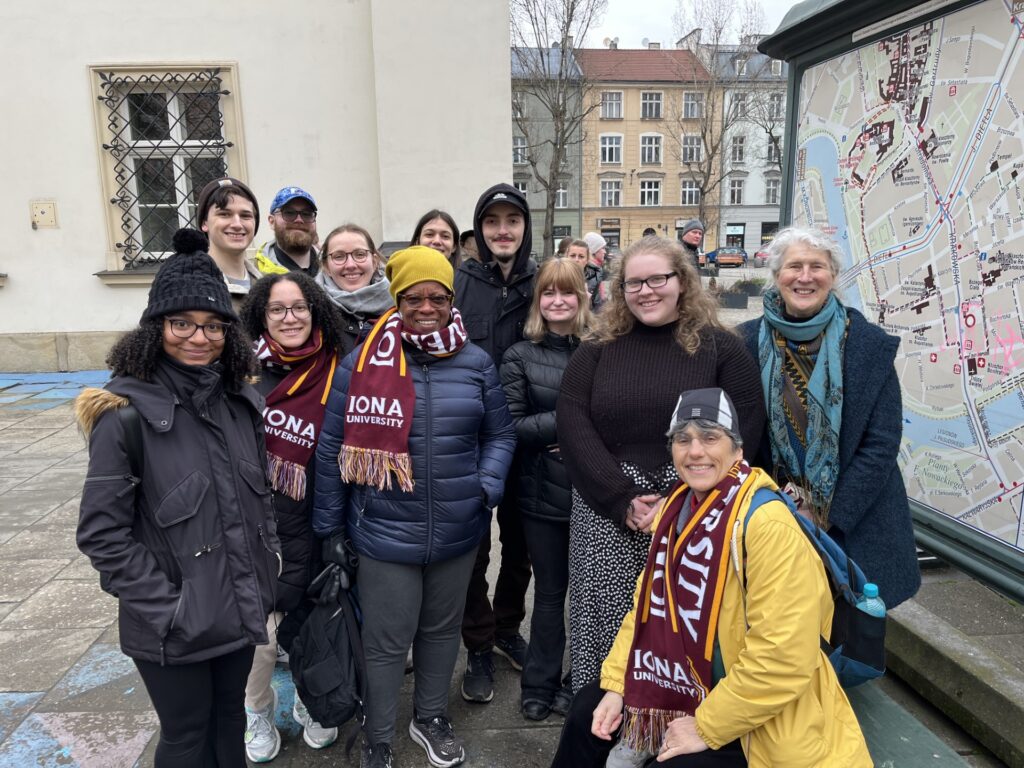
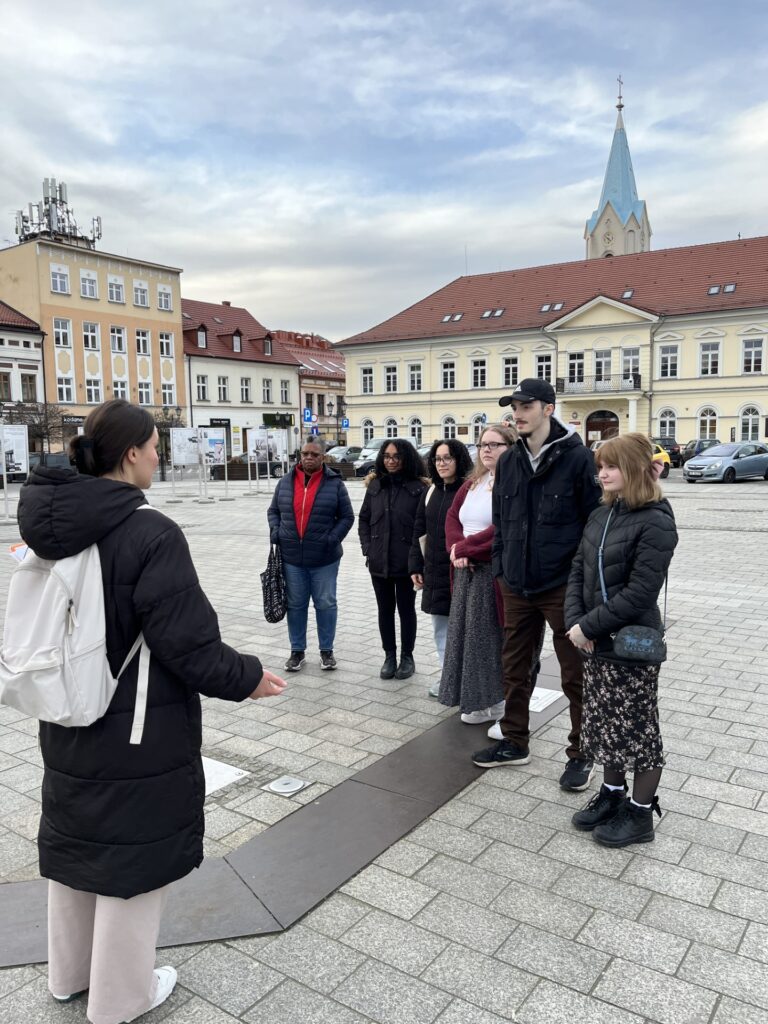
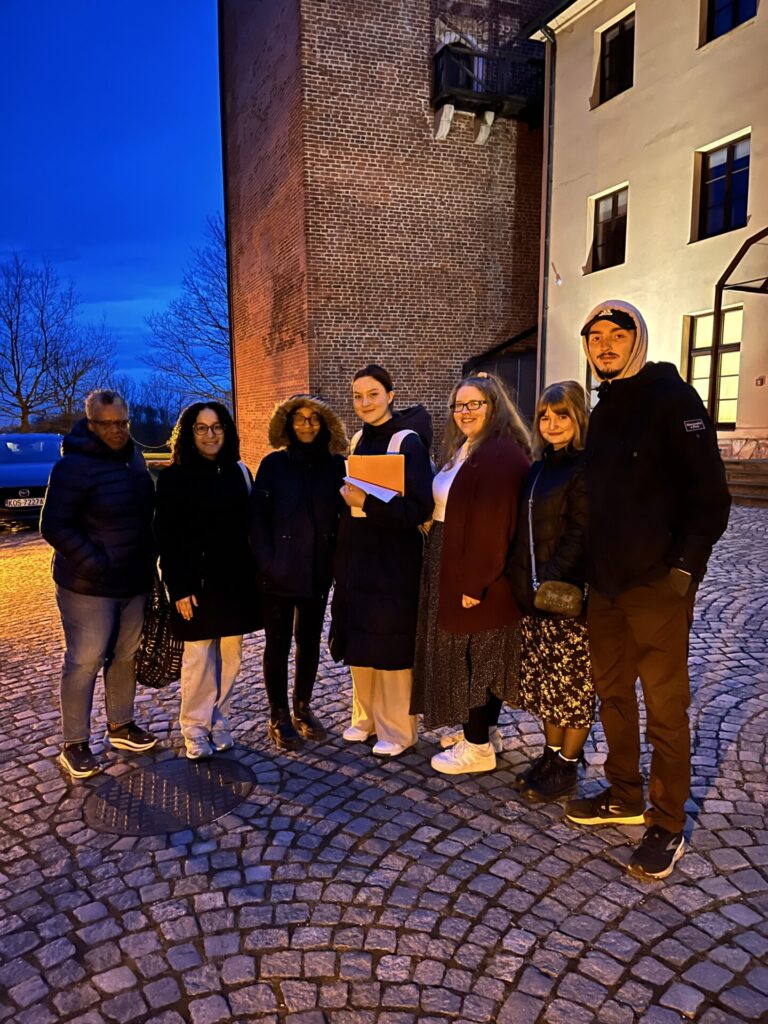
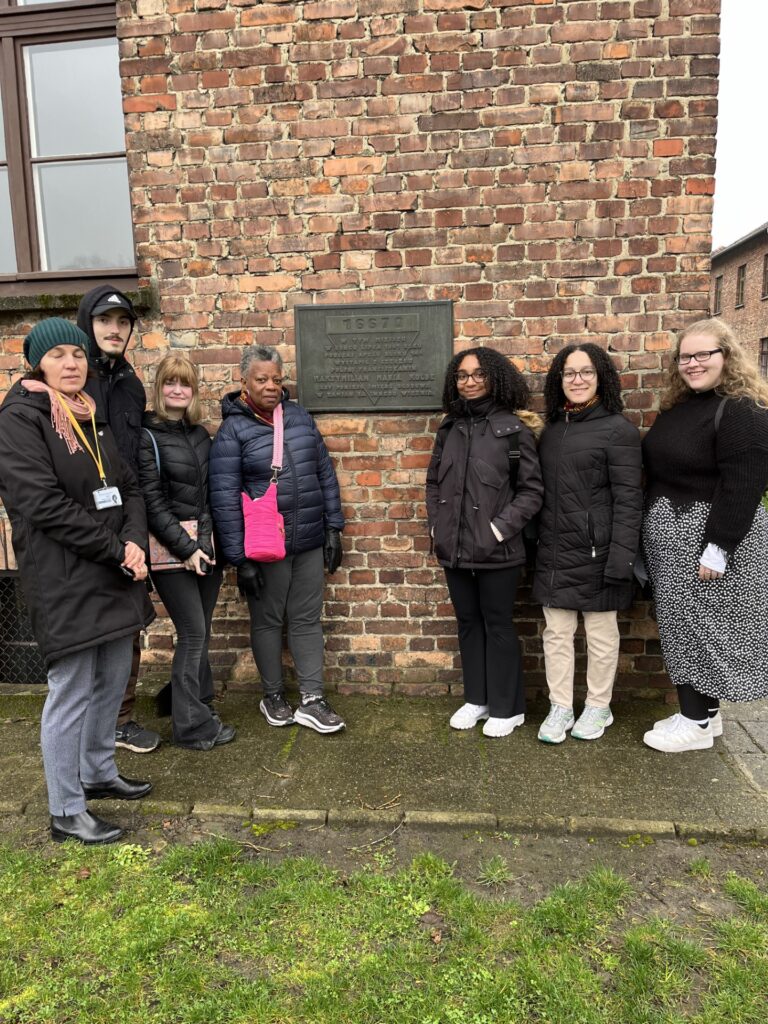
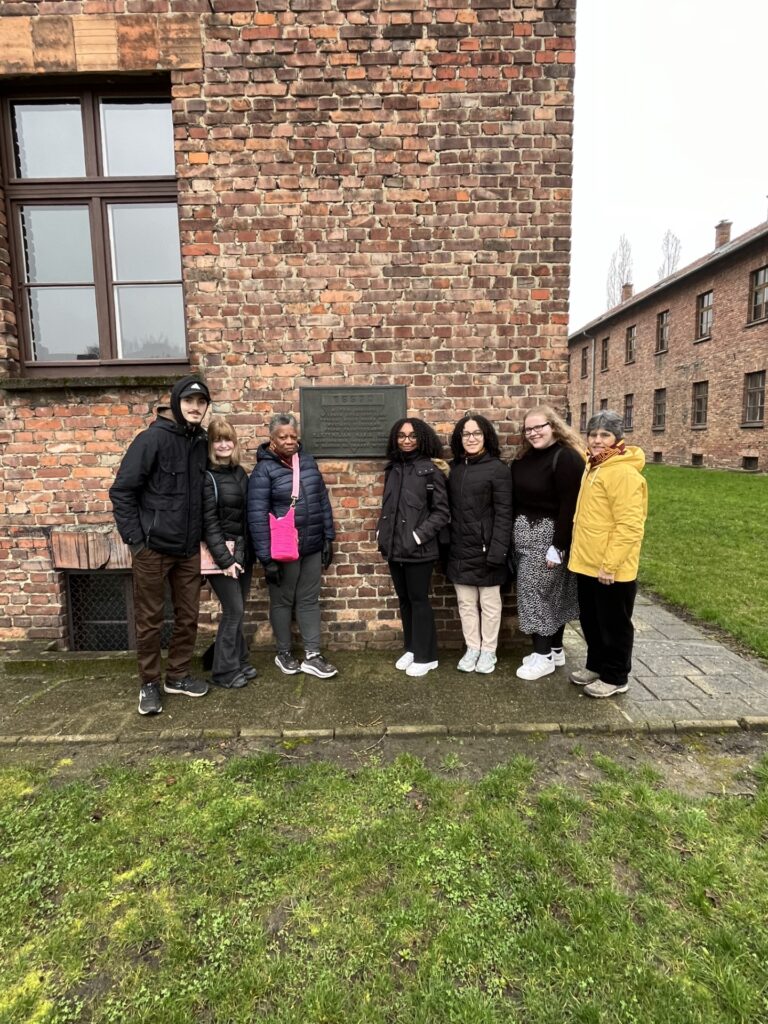
Study Trip and Visit Program
Through a study tour of the Memorial Site, lectures, presentations and a meeting with former Auschwitz KL prisoner Zdzisława Włodarczyk, visiting the exhibition in Harmęże and the Jewish Center in Oświęcim, together with the synagogue, the professors wanted to create the foundations for their students to work for the Christian- Jewish reconcilation. The program of the stay also included trips to Krakow and Wadowice – an important place on the map of religious worship in Poland. Students learned about the wonderful and vibrant Jewish communities that lived before World War II in Oświęcim and Krakow, and about the fact that the heritage and culture of the Jewish communities still exists and flourishes in many parts of the world, even after the tragedy of the Holocaust.
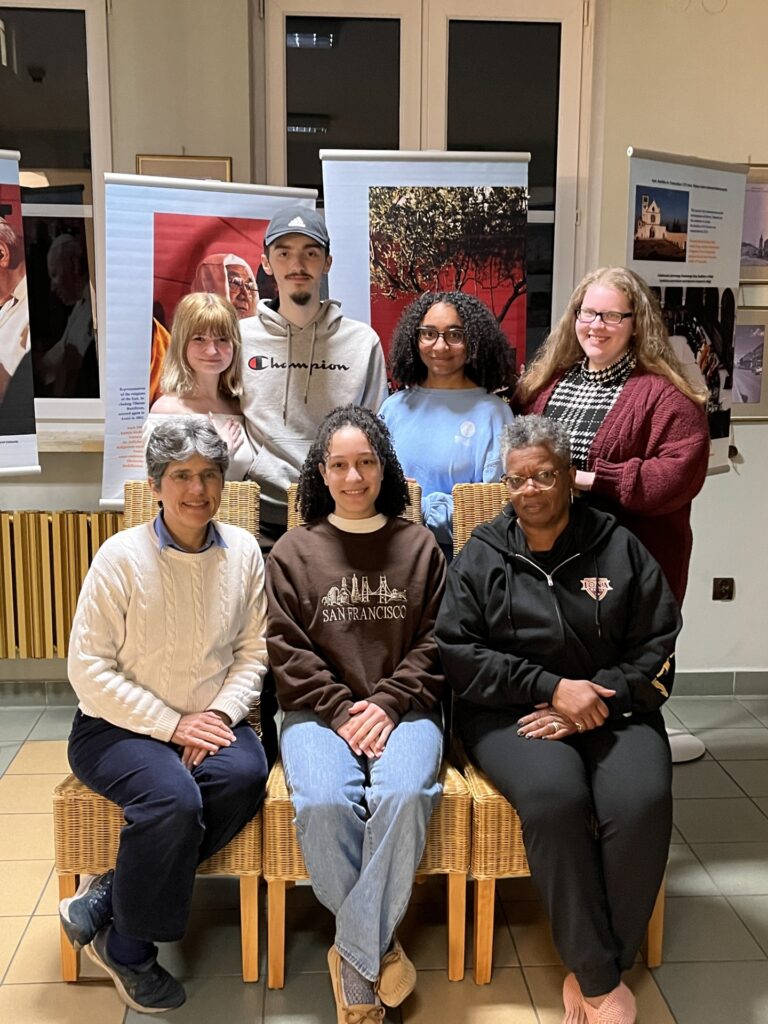
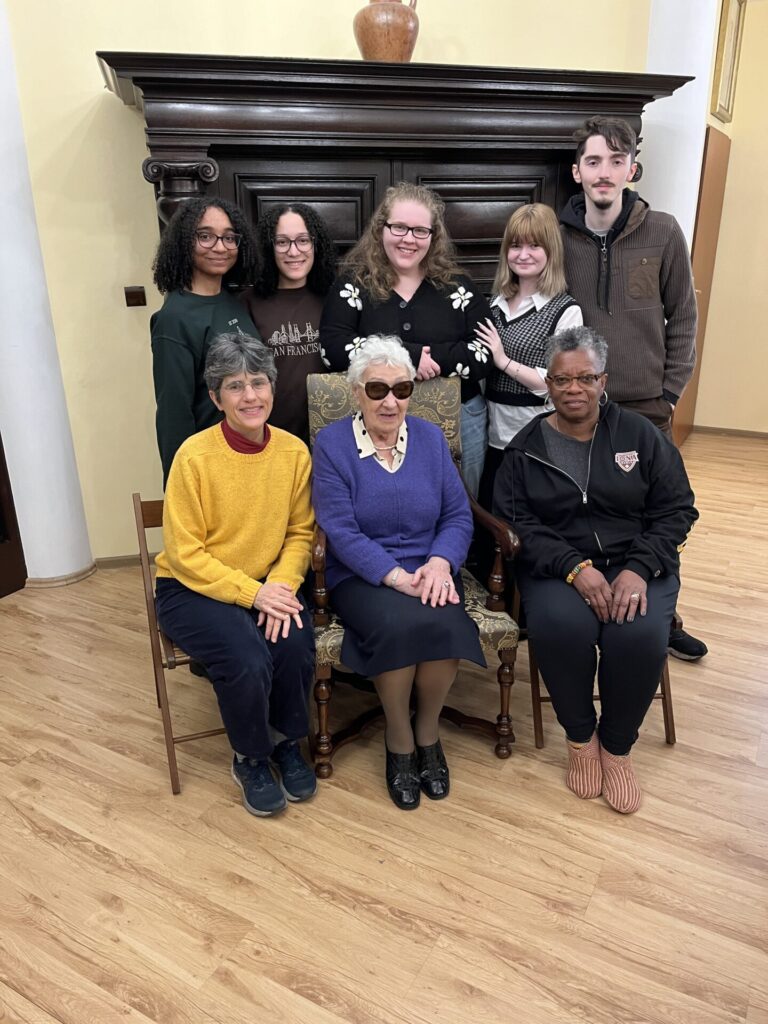
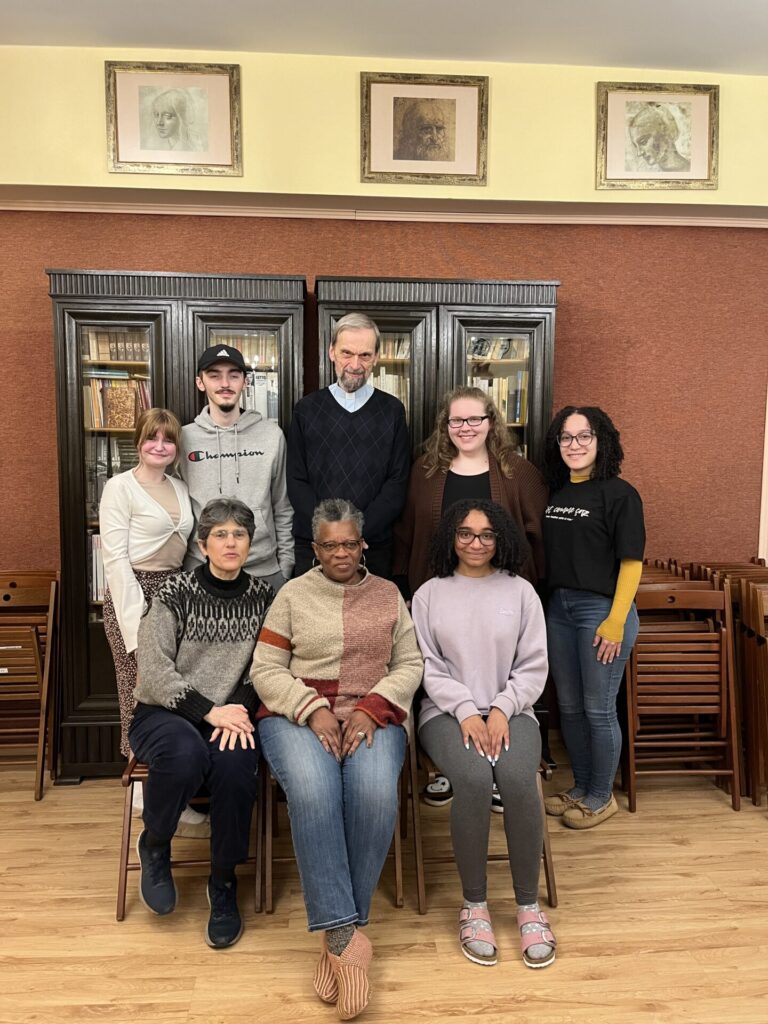
Building Awareness and Vision for the Future
Christians must understand their contribution to the attempted annihilation of the entire Jewish nation and learn to defend human dignity, no matter what minority or social group is oppressed and dehumanized. Acts of genocide continue to occur around the world. That is why it is so important to study the topic of the Holocaust in order to draw conclusions and find a way to eliminate every manifestation of genocidal behavior and tendencies that human beings are capable of. Dr. Procario-Foley emphasized that in the future she would like to expand the course to include the theme of the Nazis being inspired by American racial theory, because Americans still have to face their legacy of slavery and its consequences. After returning to the USA, as part of the summaries of the study visit to Poland, students from Iona University will write final papers, give presentations to peers and read a number of supplementary readings.
